Eighteen students from around the world will attend the University through the program, which is administered by the Columbia Global Centers.
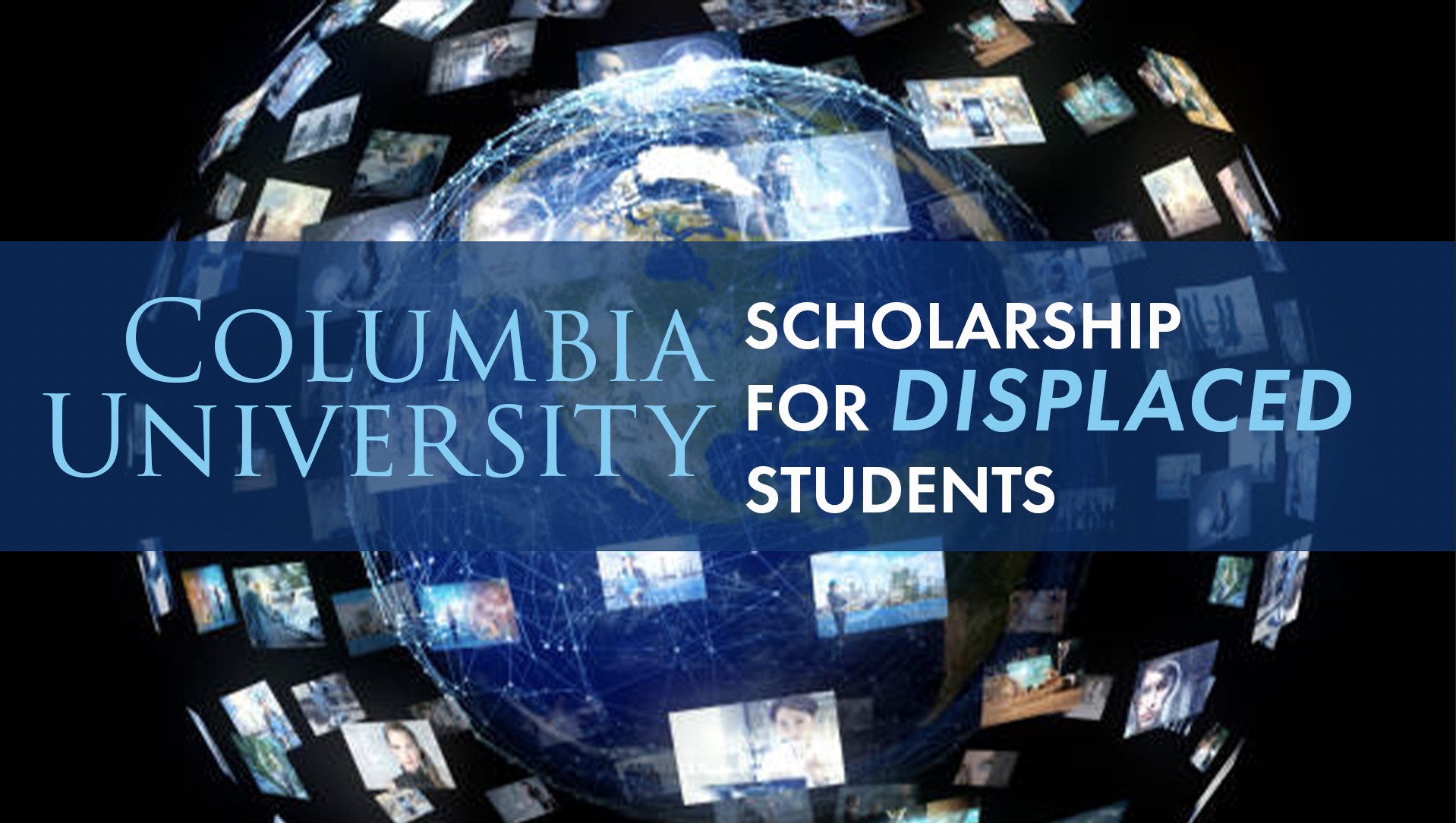
Columbia has announced the inaugural cohort of recipients for its Scholarship for Displaced Students. Created and administered by the Columbia Global Centers, the program provides tuition, housing, and living support for refugees and other displaced students pursuing undergraduate and graduate degrees. Through this first-ever University-wide scholarship, 18 students will enroll in 12 schools and affiliates across the institution.
The students will enroll in Columbia’s School of General Studies, the Graduate School of Arts and Sciences, the Graduate School of Journalism, Columbia Law School, the School of Professional Studies, the Mailman School of Public Health, the Fu Foundation School of Engineering and Applied Science, the School of International and Public Affairs, Columbia School of Social Work, the School of the Arts, and Teachers College.
“I’m very proud of this program and the work it’s doing to support refugees and displaced students whose lives and education have been upended,” said Columbia President Lee C. Bollinger. “Recent events have reminded us once again of the interdependence of people and nations around the world, and universities like Columbia should be reaching across borders and doing what they can to provide leadership in addressing monumental global challenges.”
The recipients were selected from a competitive pool of more than 1,200 applicants and hail from thirteen countries—Afghanistan, Bangladesh, Cameroon, China, Eritrea, Ethiopia, Haiti, Nepal, Nigeria, South Sudan, Syria, Turkey, and Venezuela.
“Our displaced scholarship students have faced tremendous challenges in the pursuit of their education, obstacles few of us could imagine, let alone overcome,” said Safwan M. Masri, executive vice president of Global Centers and Global Development. “What is most remarkable about each of our students is that they have consistently found ways to give back and help others—in spite of the adversity they have faced—and have never let go of their dreams to further their education. They are an inspiration. It is a privilege to enable their educational journey through the Displaced Student Scholarship program. I welcome them with all my heart to the Columbia community.”
The Columbia University Scholarship for Displaced Students began in 2016 as a program created by Professor Bruce Usher in The Tamer Center for Social Enterprise at Columbia Business School. It supported students from Syria to attend a select number of Columbia schools.
In 2018, Usher approached Masri to take over. Once under the purview of the Global Centers, the scholarship’s scale and reach were broadened to include students from anywhere in the world to attend any Columbia school or affiliate, across over 125 degree programs. This initiative, in its expanded form, launched in December of 2019.
SCHOLARSHIP FOR DISPLACED STUDENTS
The program is currently accepting applications for its second class. To apply, students must be foreign nationals with refugee status, have received asylum or submitted an application for asylum in the United States, or be in the United States on Temporary Protected Status. The scholarship includes full tuition and cost-of-living expenses for the duration of terms necessary to complete the degree.
Applicants must apply to and be accepted by one of the participating schools, each of which has its own admissions criteria and application deadline. A new category of students eligible for the scholarship starting this year are Internally Displaced Persons. More information about the program can be found on the Columbia Global Centers website.
First Class of Displaced Scholarship Students
Editor's Note: Due to privacy concerns, some of the students' photos and personal information have been withheld.
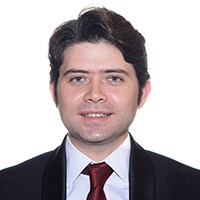
Nevfel Akkasoglu, Turkey, Columbia Law School. Akkasoglu's Ph.D. studies at Ankara HBV University focused on the legal liabilities of directors of corporations. His current studies and interests also include data privacy and cybersecurity law.
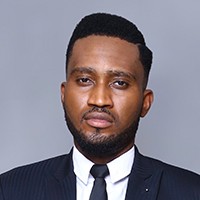
Ohimai Amaize, Nigeria, Columbia Journalism School. Amaize is a journalist, social change advocate, and online publisher who was appointed as a Microsoft ambassador in the campaign against cybercrime in Nigeria. He set a record as Nigeria’s youngest presidential campaign manager and served as a ministerial advisor in four federal ministries.
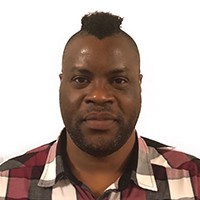
Yves Augustin, Haiti, Teacher’s College. Augustin is an openly gay Haitan asylee who serves as a social worker, public health practitioner, mental health counselor, holistic strategist and writer.
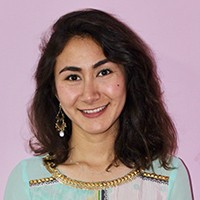
Shabnam Fayyaz, Afghanistan, Graduate School of Arts and Sciences. Fayyaz was born in 1996, the year the Taliban came to power, before fleeing to Quetta, Pakistan, where she lived in a refugee community. She is now focusing on human rights studies, with a concentration on refugees and forced migration.
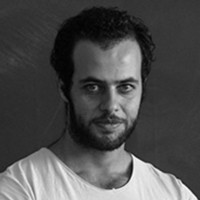
Asaad Hanna, Syria, School of International and Public Affairs. Hanna is a strategic analyst and media advisor specializing in high conflict and crisis regions from Iran to Haiti. He served in the Office of the Chairman of the White Helmets and has worked with international think tanks and media outlets, including the Guardian, Al Jazeera English, and Al-Monitor.
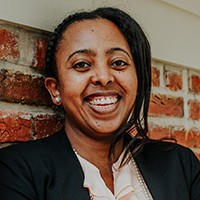
Etsegenet Kedir, Ethiopia, Columbia School of Social Work. Kedir was a licensed, practicing lawyer prior to displacement, and her future career goals are to serve vulnerable groups of people through government-based policy changes.
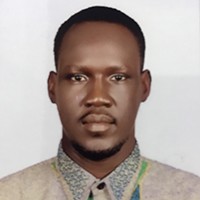
Dawood Mayom, South Sudan, Columbia School of Social Work. Mayom has a bachelor's and a master's degree in economics. He founded and runs a nonprofit to bring technology to South Sudan.

Erick Rozo, Venezuela, School of International and Public Affairs. Rozo is an organizer for the Venezuelan diaspora in New York, New Jersey, and Connecticut, where he has been connecting and acting as a liaison for diverse initiatives, including demonstrations and forums to raise awareness on the Venezuelan crisis.
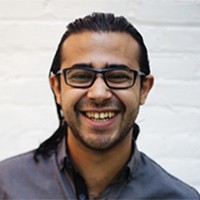
Sumar Frejat, (Syria/Iraq), School of General Studies. Sumar graduated from ‘’Al Arabi’’ music conservatory in Aleppo in 2009 and was then forced to flee from Syria to Iraq. He was then displaced again during his third year of medical school. He is now pursuing neuromedical science and medical school.
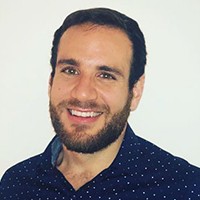
Sami Salloum, Syria, School of Professional Studies. Salloum is a human rights activist and published researcher on international humanitarian law and refugee law focusing on sectarianism and ethnic disparities and human rights abuses in the Middle East and North Africa region.
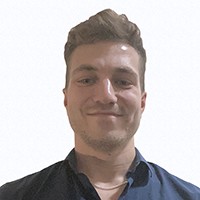
Otto Saymeh, Syria, School of General Studies. Saymeh is interested in arts and cultures and how architecture can improve the lives of people through the ethical concerns that architecture demands from designers in the context of climate change.
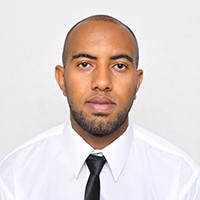
Fitwi Tesfahunei, Eritrea, Columbia Engineering. Tesfahunei is studying mechanical engineering, focusing on the design and control of automatic, robotic, and smart systems. He has a profound desire to have a major global impact through his work.
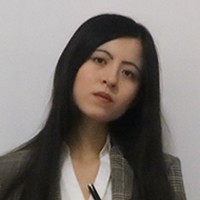
Helennara Qishen Xue, China, Graduate School of Arts and Sciences. Xue was a political prisoner and is a poet working on furthering the study of state censorship of popular culture.




0 Comments
please do not spam link